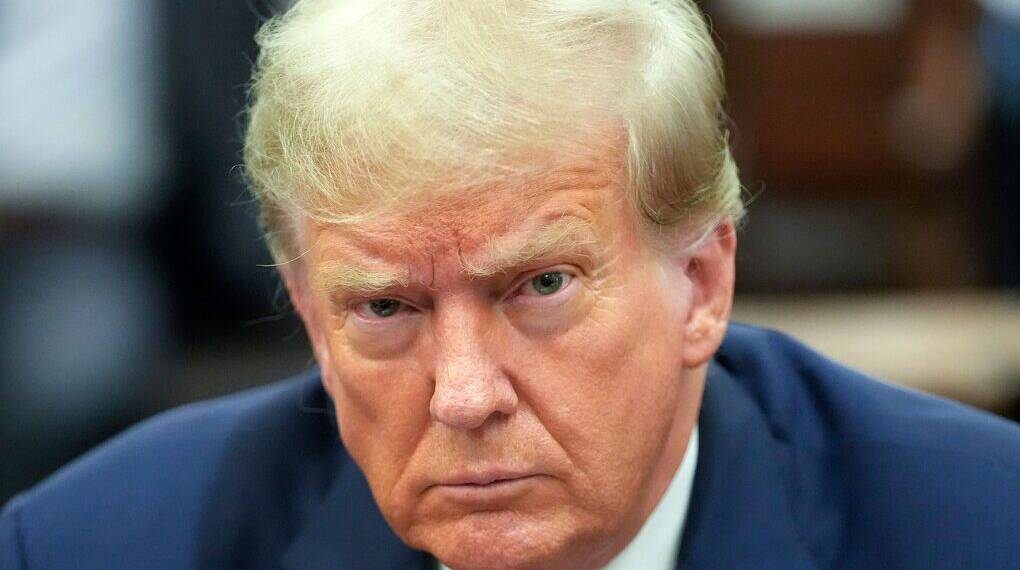U.S. President Donald Trump has declared that any future nuclear agreement with Iran will prohibit uranium enrichment entirely, setting a tough new tone in ongoing negotiations between Washington and Tehran. The statement, delivered Monday via Trump’s Truth Social account, appears to contradict elements of a recent U.S. proposal reported by Axios, which allows limited low-level enrichment on Iranian soil.
“Under our potential Agreement – WE WILL NOT ALLOW ANY ENRICHMENT OF URANIUM!” Trump wrote, adding that the previous administration had failed to stop Iran’s nuclear development. The comment comes amid mounting criticism from Iran hawks and confusion over the direction of U.S. policy in the final stages of the revived nuclear talks.
Contradicting U.S. Envoy’s Offer
Just days earlier, U.S. special envoy Steve Witkoff reportedly extended a proposal to Iran that would permit some enrichment under strict limitations and for a period yet to be determined. The proposal, relayed through Omani mediators after five rounds of negotiations since April, stopped short of requiring the dismantling of Iran’s existing nuclear infrastructure.
While neither the White House nor the State Department has denied Axios’ account of the proposal, Press Secretary Karoline Leavitt declined to discuss the specifics, citing the sensitive nature of the ongoing talks. However, Trump’s unequivocal stance now raises questions about whether the administration is united on its approach.
Iran’s Response and Nuclear Standoff
Iran, which has consistently insisted that its nuclear program is peaceful and intended solely for civilian energy use, reacted cautiously. Speaking in Cairo, Foreign Minister Abbas Araghchi reiterated that Iran will not accept any deal that denies its right to enrich uranium. “If the goal is to deprive Iran of its peaceful activities, then certainly no agreement will be reached,” he said.
This comes as the International Atomic Energy Agency (IAEA) released a new report revealing that Iran has increased its enrichment efforts, producing uranium up to 60% purity — approaching weapons-grade levels. IAEA chief Rafael Grossi called for more transparency and warned that “full explanations” were still lacking from Tehran.
Iran dismissed the report as politically motivated and accused European powers of exploiting the agency’s findings to push for renewed sanctions.
Also read: US-Iran Nuclear Talks Resume in Rome Amid Deep Disagreements
Regional and Global Reactions
In a bid to defuse tensions, both Grossi and Araghchi met with Egyptian President Abdel Fattah al-Sisi, who warned of the risks of military escalation. “The region is already experiencing enough problems and crises,” he said, emphasizing the importance of de-escalation and a nuclear-weapon-free Middle East.
Iran has continued to demand the full lifting of U.S. sanctions — a condition it deems essential for any new agreement. Iranian officials say they are still awaiting clarification on the timing and mechanism of sanction relief in the U.S. offer.
Political Fallout in Washington
Trump’s hardline rhetoric has triggered alarm among policy experts and within his own camp, with critics pointing to a growing disconnect between public statements and behind-the-scenes diplomacy. Witkoff and Secretary of State Marco Rubio had previously committed to a “zero enrichment” policy, yet the reported proposal appears to undermine that position.
Whether Trump will maintain his firm public stance or leave room for diplomatic flexibility remains unclear as negotiations edge toward a possible breakthrough — or collapse.
As tensions mount and the window for compromise narrows, both sides face increasing pressure to avoid a return to open confrontation. Yet with Trump drawing a red line on enrichment and Iran vowing to continue its program “with or without a deal,” the path forward remains as fraught as ever.








